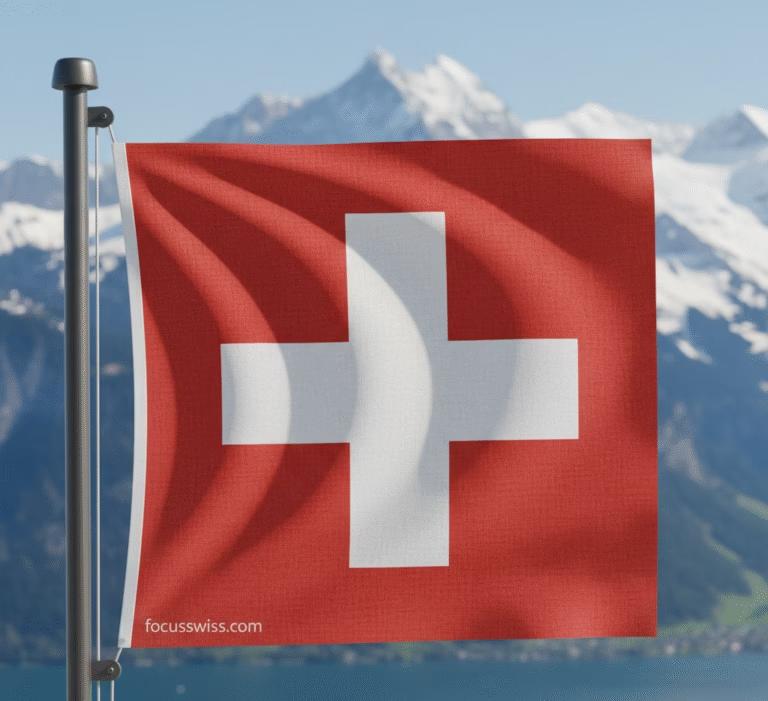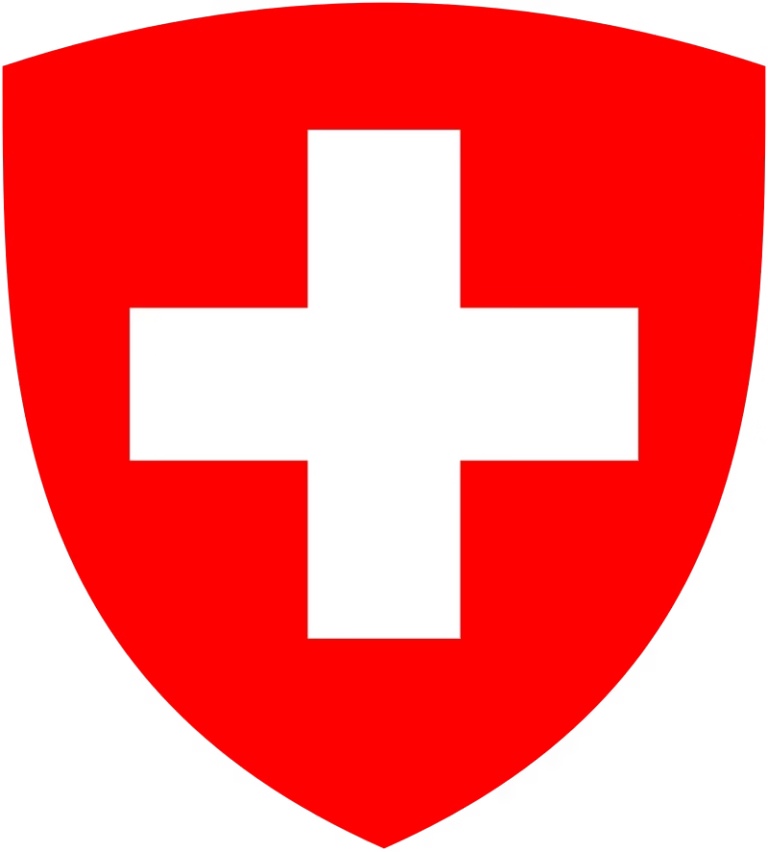An Alternative Name for Switzerland
Switzerland, although commonly known worldwide as Swiss, Switzerland, Schweiz, and Suisse, has another name that could serve as a lesson for many countries and states around the world.
For a person with oriental origins like myself, Switzerland’s approach is truly magnificent. I begin this article with the dream of a similar attitude in my homeland.
This country and its people, who use four different names according to the languages they speak (German (Schweiz), French (Suisse), Italian (Svizzera), and Romansh (Svizra)) and stand by each one, truly deserve recognition. When you look closely, these names, regardless of the language, are similar to one another. The source of all these names is the Canton of Schwyz. Swiss, the other name used both within the country and internationally, also stems from here. So, the word “Swiss,” which is used today to mean a Swiss person in the international arena, once referred only to the people living in the canton of Schwyz.
But now, to the truly admirable name. Taken from Latin, this name was chosen as the country’s official language to avoid offending one another and to prevent any claim of superiority. No matter how you look at it, especially in those years, it was an extraordinary act.
That Name Is: Confoederatio Helvetica (CH)
This is precisely where the story of Switzerland’s official name comes in. The name Confoederatio Helvetica was officially put into use with the Federal Constitution adopted in 1848. This Latin phrase, which means “Swiss Confederation,” was chosen as a symbol of neutrality and unity despite the country’s multilingual structure.
This is why the abbreviation “CH” is widely used on Swiss license plates, internet extensions (.ch), currency (CHF), and official documents. This abbreviation strongly emphasizes that, unlike the country’s other names, no official language is given precedence.
So Why Helvetica?
The word Helvetica comes from the Helvetii, a Celtic tribe that lived in the territory of Switzerland during the Roman era. The term Helvetic therefore emphasizes Switzerland’s historical identity.
Yes, in addition to Switzerland’s well-known official names, it has another official and historical name: Confoederatio Helvetica. This name is a powerful symbol that reflects the country’s multilingual structure, neutrality policy, and deep-rooted history.
With the hope that a world where no one claims superiority over anyone else will come true, just as shown in this example.



